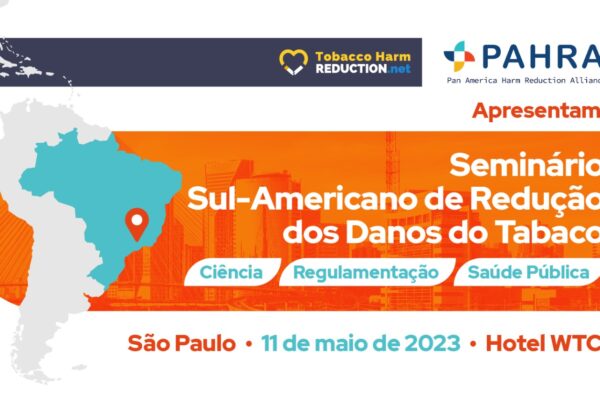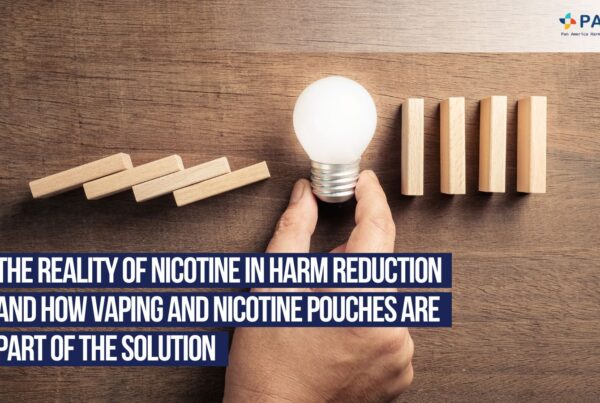
New Zealand’s innovative tobacco harm reduction strategy has drastically lowered smoking rates, offering a beacon of hope for PAN-American countries.
New Zealand’s success in reducing smoking rates through tobacco harm reduction (THR) offers valuable lessons for PAN-American countries where smoking remains prevalent. The New Zealand approach of emphasising safer nicotine alternatives, like vaping, has succeeded in dropping smoking rates, especially among the indigenous Māori and Pasifika communities.
This achievement will have particular application for PAN-American countries like Fiji, Nauru, and Tonga, with adult male smoking prevalence over 45%. In these countries, there is already a framework, as in New Zealand, where reduced-risk nicotine products are available, affordable, and acceptable. The New Zealand strategy is consumer-focused and invites multiple stakeholders to enable successful implementation.
Pan-American countries could benefit from public health improvement if they embraced the evidence-based THR policies emanating from New Zealand. This experience shows that international cooperation and proven health strategies might move the world towards a smoke-free future. This model presents a hopeful and actionable path for reducing smoking rates and enhancing public health across the Pacific region.
Download the report:
Tags
Popular Posts
Quick Links
Related Posts
 Paradigm Shift Needed In Pan America’s Approach to End Smoking
Paradigm Shift Needed In Pan America’s Approach to End Smoking
Paradigm Shift Needed In Pan America’s Approach to End Smoking
 Tobacco Harm Reduction Seminar in Brazil
Tobacco Harm Reduction Seminar in Brazil
Tobacco Harm Reduction Seminar in Brazil
 Systematic Review of Vaping Flavours | Dr. Konstantinos Farsalinos
Systematic Review of Vaping Flavours | Dr. Konstantinos Farsalinos





